
You are an empowered P.W.E. (Person with Epilepsy). Empowerment helps you make good decisions about your health and face the everyday challenges of the illness. Empowerment comes when we have access to updated, credible and easy-to-understand medical information.
A:care is a patient support program. Our primary objective is to empower people by enhancing their health journey so that they can live their best possible life.
A:care helps you achieve your personal health goals in your journey to a more meaningful healthier life.
I actively seek out, evaluate and make use of reliable information to better understand seizures.
I participate in decision-making in my treatment process with my healthcare professionals.
I understand the need to make necessary lifestyle and behavioral changes to aim for a seizure-free life.
I take responsibility for my own health and actively enhance and improve effective coping strategies.

My empowerment enables me
- To understand and value what can be achieved by taking my anti-epileptic drugs (AEDs), and
- To see the need for active dialogue and cooperation with my healthcare providers and my loved ones during my treatment journey.

I have to take extra safeguards and precautions to prevent seizure attacks and to avoid injuries.
I have a very strong safety support net of doctors, family and close friends.
It is a fact that …
There are 40 different types of seizures.*
All P.W.E.s have different triggers and symptoms; and may experience just one type of seizure or more.*
A P.W.E. is as capable as other people and can work in many types of jobs.*
Risks to safety will depend on what your epilepsy is like and what the job involves.*
A P.W.E. can take daily exercise routine and an active part in sports.**
Understanding your own seizures can help you decide what exercise or sports suits you. **
Consult your doctor before engaging in any physical activities, exercises or sports.**


The truth is, not all P.W.E.s have the same triggers and symptoms.*
The truth is, not all P.W.E.s manifest with convulsions and not all get unconscious during seizures.*
Physical exercise rarely triggers seizures, but always take all necessary safety precautions.**
It is not true that P.W.E.s should avoid physical activity or exercise because it can trigger seizures.**

Become an “Expert” on seizures. Read, search and surf from reliable sources.
Connect, talk and interact with other P.W.E.s and epilepsy support groups.
Take notes and enter in your journal everything said and prescribed by your healthcare providers.
You will find these activities helpful in maintaining your physical and mental health
Talk to loved ones, a best friend or to a spiritual advisor, counselor or life coach.
Practice stress relief strategies.
Take scheduled naps.
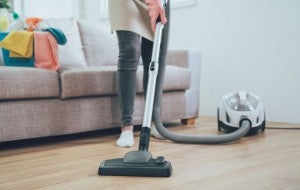
Making the Home or workplace safe
- Emergency (hospital, ambulance and doctor) numbers on all phones
- Copies of important information such as seizure first aid, emergency contacts, my medications.
- Use protective or padded covers on furniture and fixtures
- Remove bed’s legs or put braces
- Carpeting or floor pillows
- Safety strap for toilet seat, shower or tub
- Unbreakable containers, plates, and drinking cups
- All lights, electronic gadgets and appliances that flashes or flickers to be maintained regularly
Adapted from : www.epilepsy.com/seizure-first-aid-and-safety
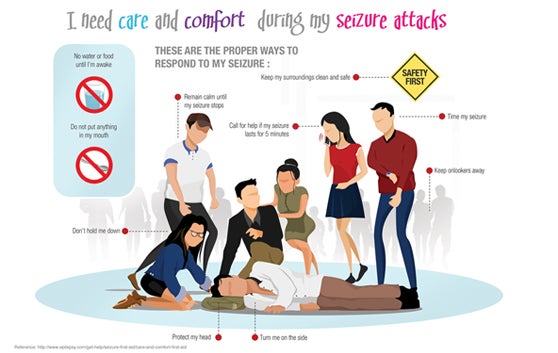
What to do
- Stay calm. Speak quietly and calmly.
- Note the time the seizure starts and ends. Take a video.
- Look around. Protect me from injury.
- Just stay with me until I am fully recovered. If I don’t fall or collapse but seem blank or confused, gently guide me away from any danger.
- Cushion my head with something soft if I collapse to the ground.
- Check the time again. If my seizure does not stop after 5 minutes, call for an ambulance or take me to a hospital.
- After the seizure has stopped, gently put me into the recovery position and check that my breathing is returning to normal.
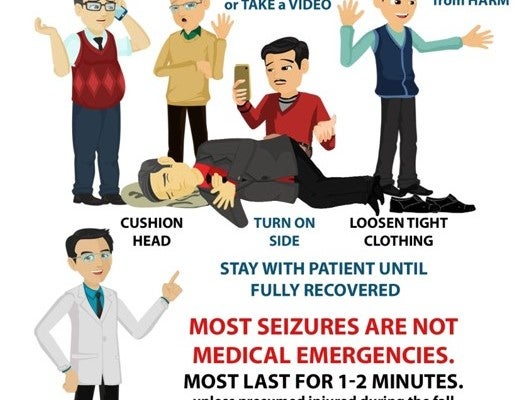
STAY CALM. SPEAK CALMLY
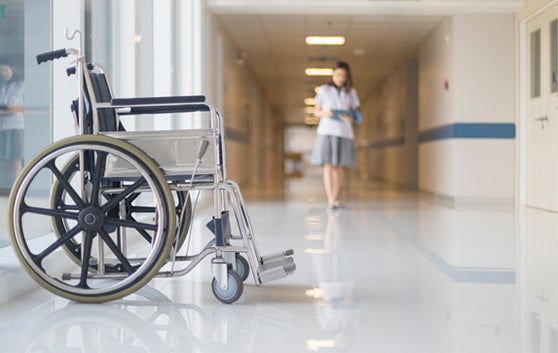
- My seizure lasted longer than 5 minutes
- I’m having 2 or more seizures without recovering between seizures
- I had a bad fall, there is injury or bleeding or seizure occurs in water.
- Breathing, heart rate or behavior does not return to normal.
- Unexplained fever or pains.
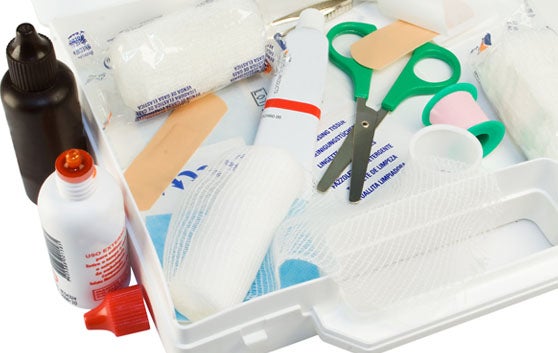
My backpack should be always ready
- Seizure ID bracelet or card
- Seizure first aid kit and card (on what to do during a seizure)
- Mobile phone (+charger and powerbank)
- Medicines in water-proof bags
- Emergency gear: flashlight, extra batteries and whistle
- Extra supply of water, clothes, etc.
Adapted from: www.epilepsy.com/learn/seizure-first-aid/getting-emergency-help